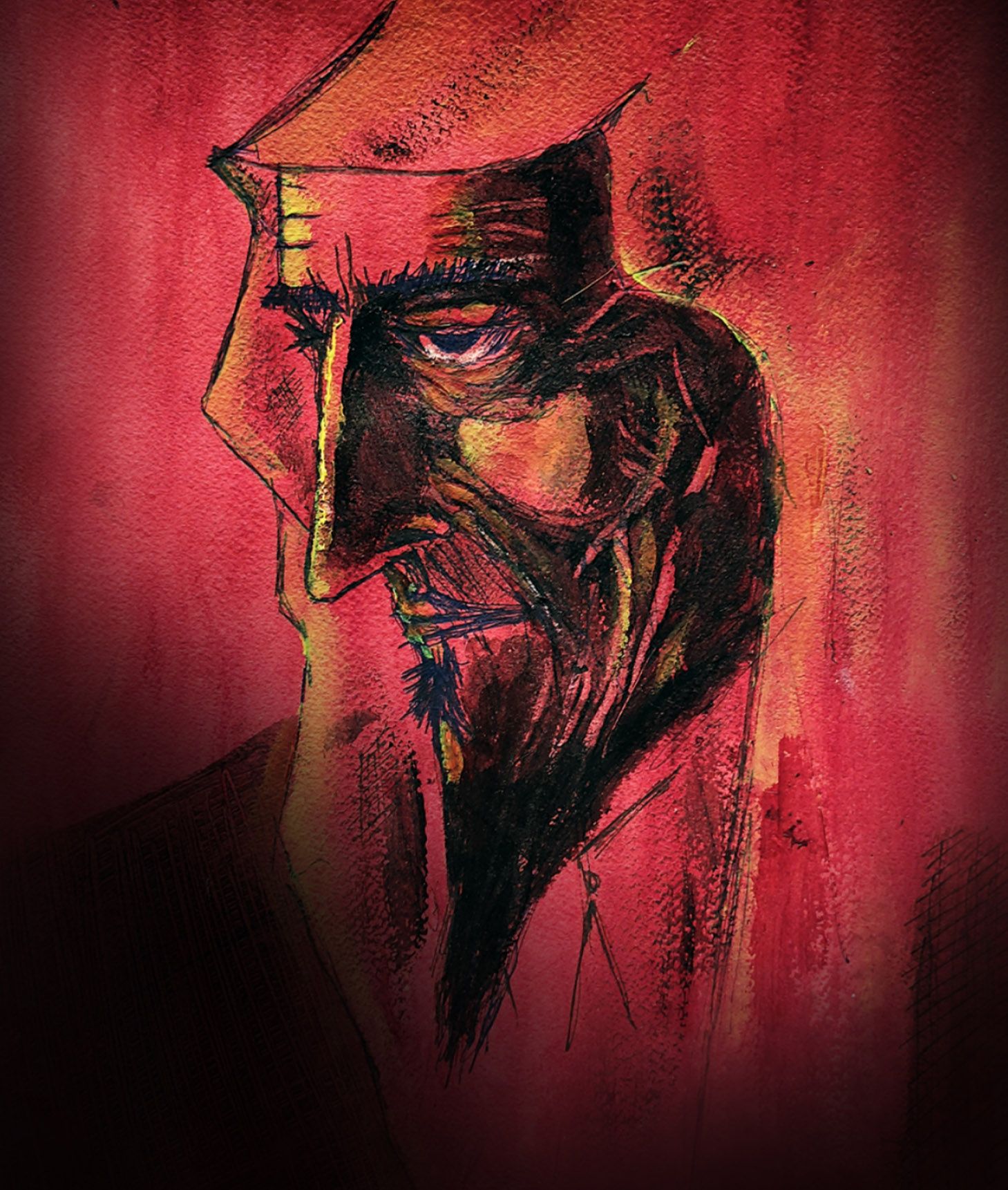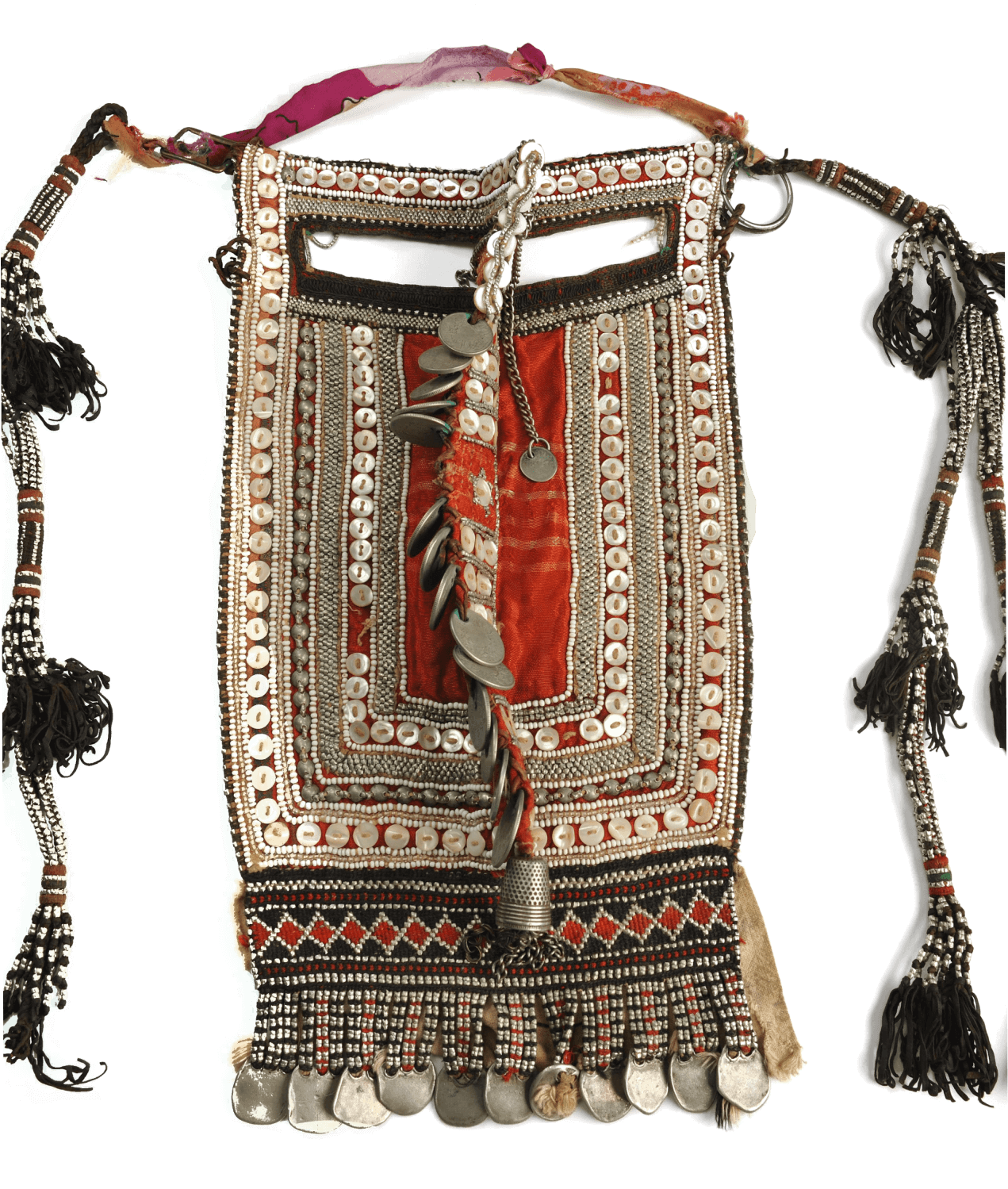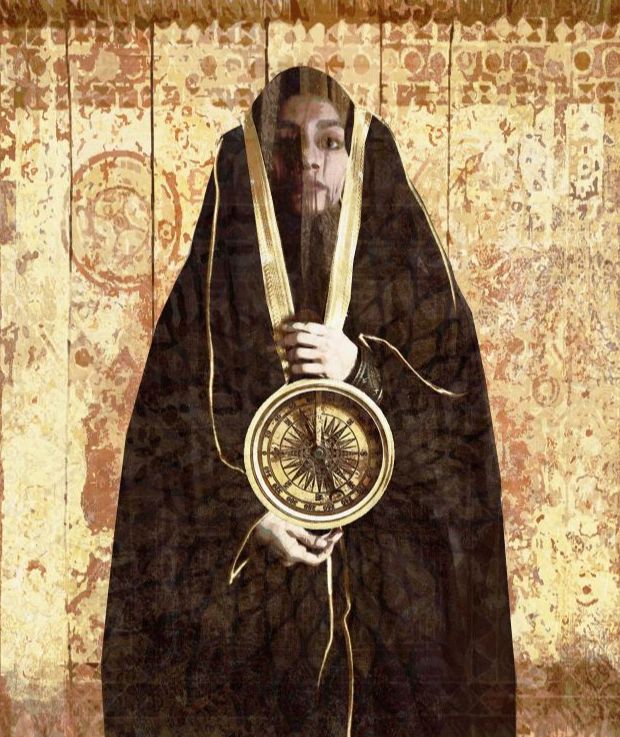5 Desert-related Books to discover
Dune-filled wilderness is a prominent force in the mu'allaqat, a collection of poems by the sixth century’s most famous Arab poets. Fifteen hundred years later, the poems’ muscular lines remain a part of our living literary imagination, just as the desert remains a rich site for poetic imagination. While the desert sometimes evokes barrenness, alienation, hardship, and loss, it is also a place for spiritual transcendence and breathtaking natural beauty.
Libyan novelist Ibrahim al-Koni, who puts the desert at the heart of his literary work, says that what he means by desert is “the immense emptiness that stretches endlessly away to the horizon, where it meets that eternally clear sky which equals it in its nakedness. Together they make up one continuous body, the secret of whose intimate embrace I am in fact still seeking.”
Labid is one of the seven poets whose work makes up the core of the mu'allaqat. His verse begins with an abandoned campsite, one of the defining metaphors of early Arabic poetry. The poem’s narrator then goes on a desert journey on his tireless camel. Even across 1,500 years, the poem evokes a great trek on a beloved companion: “Even when her flesh has dwindled/ and she is exhausted. /And, after great fatigue, her leather shoe straps are cut through, // Still she is as nimble in the rein / as if she were a rose-hued cloud, / Rain-emptied, running with the south wind, sprightly.”
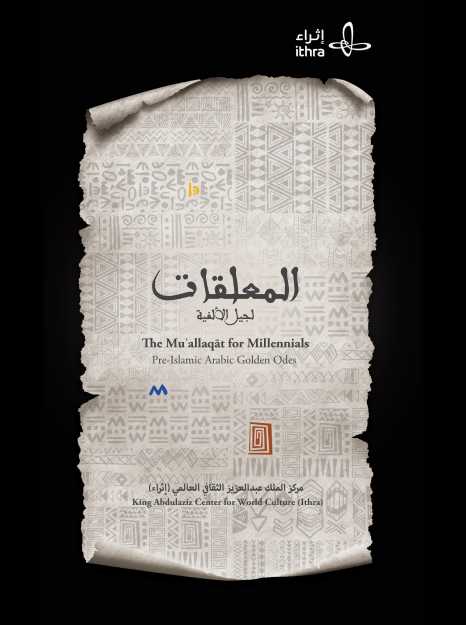
Poetry by Labid ibn Rabi'ah, translated by Suzanne Pinckney Stetkevych.
Al-Koni is one of the great desert novelists of our time. His dozens of novels are full of vivid depictions of life in the Hammada desert, a northern stretch of the Libyan Sahara. His novel The New Waw examines the tension between desert nomadism and sedentary existence. But humans are not the sole focus of the novel. One of al-Koni’s gifts is that he inhabits the animals, plants, wind, and sand on the landscape as much as he does the people.
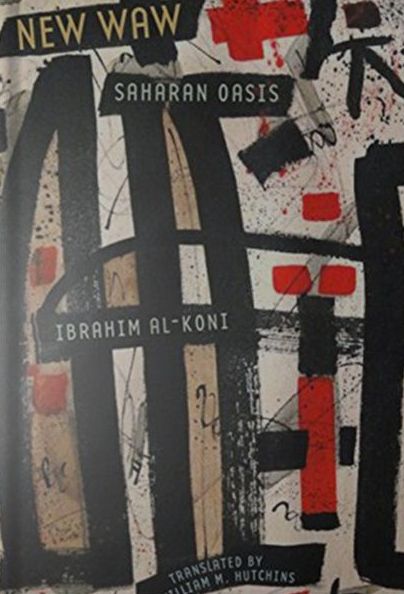
By Libyan novelist Ibrahim al-Koni, translated by William Hutchins.
Al-Busais’s protagonist must cross the desert on his own. Daiban has been shunned by his community and must make his way across the desert to Kuwait, all while being stalked by a wolf. The trip is grueling, maddening, and mystical, like an existential “Ironman” marathon run by a poet with a singing wolf at his heels.
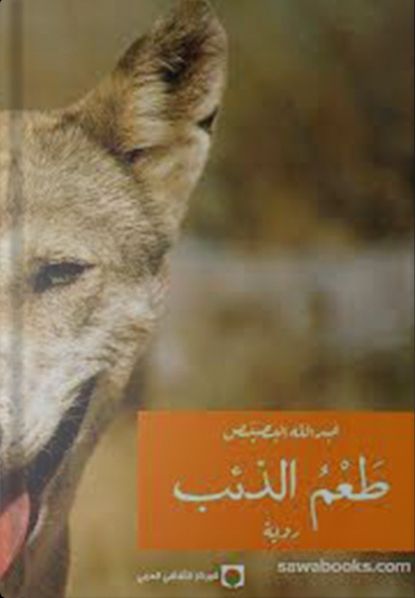
By Kuwaiti novelist Abdullah al-Busais.
Kahal's novel layers together folktale, myth, history, and anecdote as it follows Abdar, an Eritrean man traveling north through the desert in search of a new life. He spends more than two weeks traveling through the Sahara in a cruelly distorted echo of Labid’s journey 1,500 years before. Even after he survives the Sahara, Abdar must travel through the metaphorical deserts of exile and the sea. Yet throughout, the novel is elevated by its searing detail and musical sensibilities.
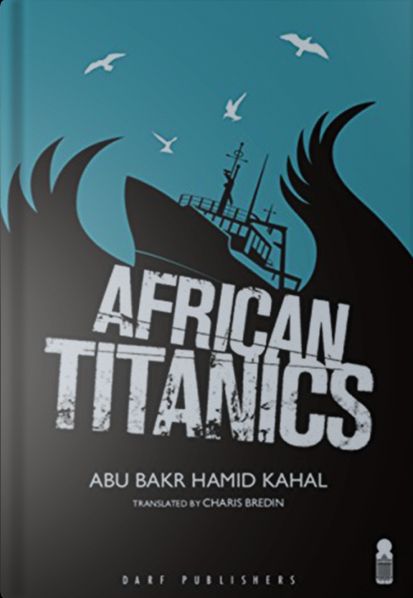
By Eritrean novelist Abu Bakr Hamid Kahal, translated by Charis Bredon.
This short story tells of a desert journey that comes to a halt when a 15 year old girl goes into labor. Her community’s journey, spurred by need, stands in for a greater cultural and climatological loss. As one character says: "My son, most of the sand you see was once spanned by villages. Hundreds of families flourished here." He sighed deeply and continued, "Now they’ve dissolved into nothing, forever a part of the desert."
By Sudanese writer Omayma Abdullah, translated
by Nassir al-Sayed al-Nour.
